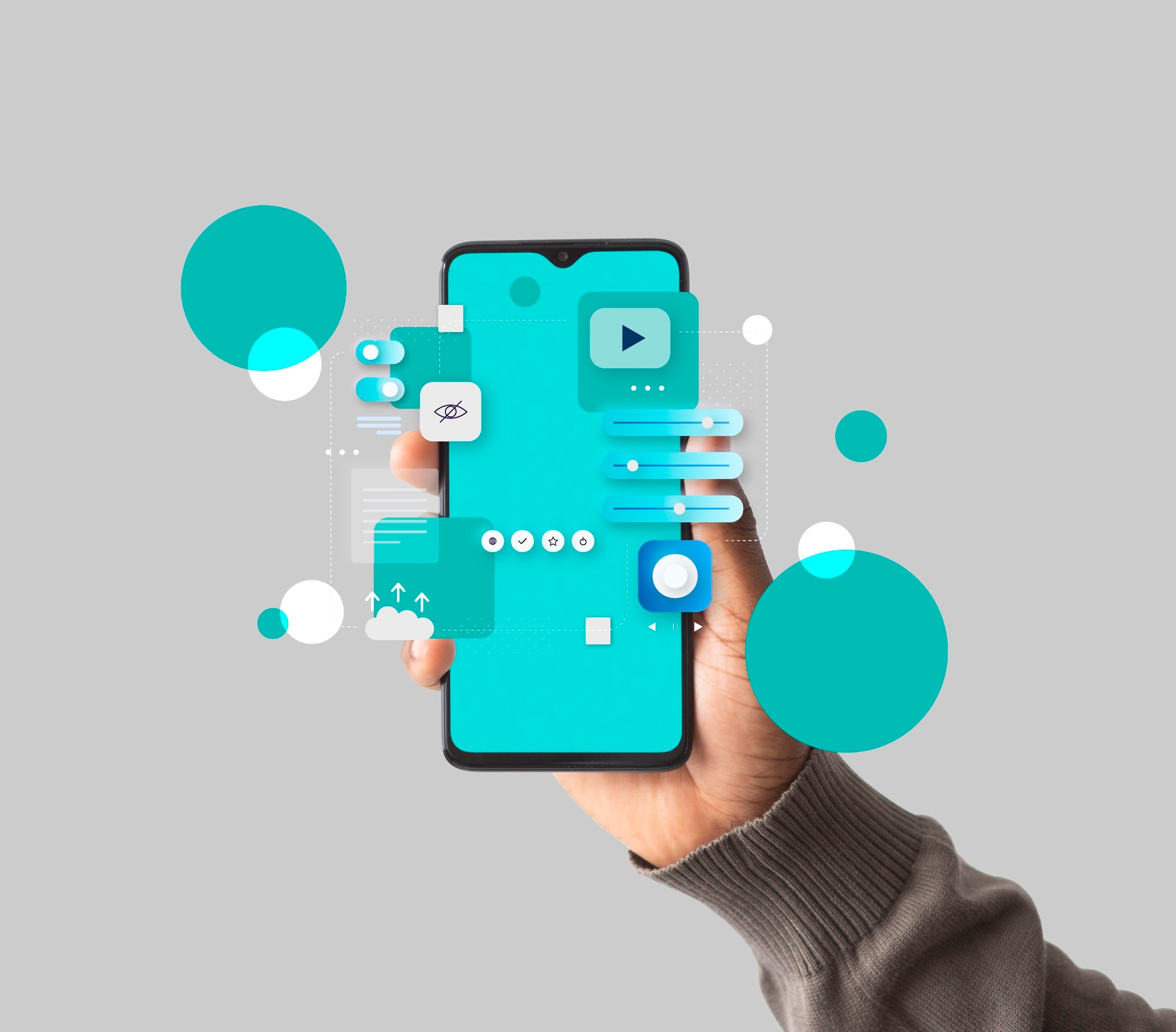
The Future of Mobile App Development: Trends and Innovations
The mobile app development landscape is evolving at a rapid pace, influenced by advancements in technology and changing consumer expectations. As we look to the future, several key trends and innovations are poised to shape the industry. This article explores these developments that promise to redefine mobile applications.
1. Artificial Intelligence and Machine Learning
Artificial Intelligence (AI) and Machine Learning (ML) are transforming how apps function and interact with users. They enable personalized experiences by analyzing user data to provide tailored recommendations. The future of mobile app development will see:
- Smart virtual assistants that understand and predict user needs.
- Enhanced usability through natural language processing (NLP).
- Improved data analytics for predictive insights.
2. 5G Technology
The rollout of 5G technology is set to enhance mobile app performance significantly. With faster download speeds and reduced latency, developers can create more complex and data-intensive applications. Key implications of 5G technology include:
- Real-time data sharing and communication.
- Advanced streaming capabilities for high-quality media consumption.
- Enhanced IoT applications, integrating smart devices seamlessly.
3. Cross-Platform Development
As businesses aim to reach wider audiences, cross-platform mobile app development frameworks have gained popularity. Tools like Flutter and React Native allow developers to build apps that run on both iOS and Android. The benefits include:
- Reduced development and maintenance costs.
- Faster time to market with a single codebase.
- Consistent user experience across different platforms.
4. Internet of Things (IoT)
The integration of mobile apps with IoT devices is becoming more prevalent. This synergy allows users to control smart devices directly from their smartphones, leading to increased convenience and automation. Future trends include:
- Seamless connectivity between mobile apps and home automation systems.
- Smart healthcare applications that connect with medical devices.
- Agricultural apps that monitor and manage farming equipment.
5. Augmented Reality (AR) and Virtual Reality (VR)
AR and VR technologies are being increasingly adopted in mobile apps, offering immersive experiences that enhance user engagement. Potential applications in the future encompass:
- Game development with interactive, layered experiences.
- Retail apps featuring virtual try-ons for clothing and accessories.
- Education platforms providing interactive learning environments.
6. Enhanced Security Features
With rising concerns over data privacy and security, robust security measures will be a priority in future mobile app development. Innovations in this area include:
- Biometric authentication for secure user access.
- Blockchain technology to enhance data integrity.
- Advanced encryption methods to protect sensitive information.
Conclusion
The future of mobile app development is bright, characterized by cutting-edge technologies and innovative solutions. As developers adapt to these trends, users can expect more intuitive, efficient, and engaging applications that meet their evolving needs.
